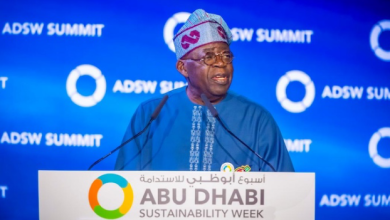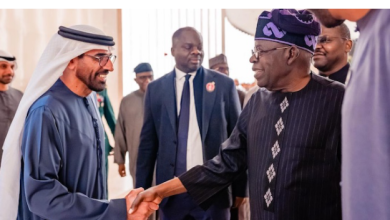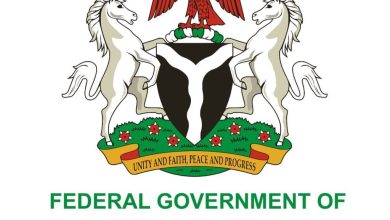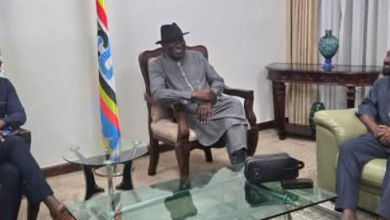Lead
Unlock West Africa’s $500bn Potential: WTO Chief urges leaders to dismantle trade barriers
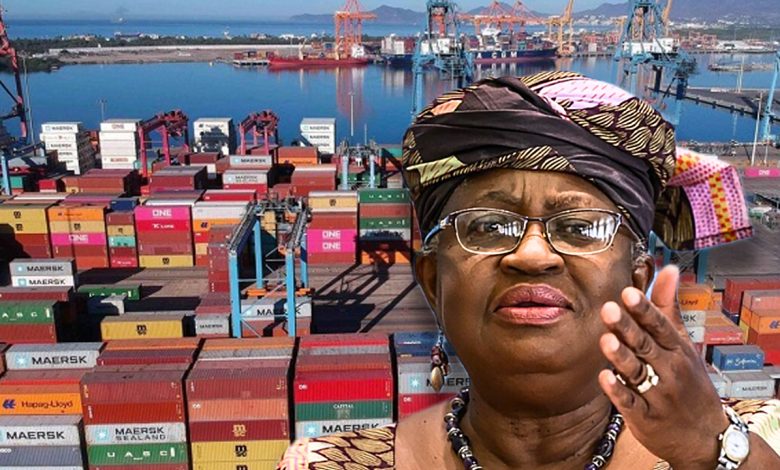
Dr Ngozi Okonjo-Iweala, Director-General of the World Trade Organisation (WTO), has urged West African leaders to dismantle trade barriers, reduce costs, and think regionally to unlock the subregion’s $500 billion economic potential.
Speaking at the West Africa Economic Summit (WAES) on Saturday in Abuja, she emphasised the importance of integration, building value chains, and embracing innovation and manufacturing to make West Africa a competitive economic bloc.
“At this pivotal moment for our region, you have come together to unlock trade and investment opportunities to drive growth and job creation for West Africa’s nearly 460 million people half of them under the age of 18.
“We have so much to build on. A 500 billion dollar regional economy with a dynamic entrepreneurial population and rich critical mineral and energy resources, West Africa’s creative industries are hot and not just at home,” she said.
Describing the region as “rich in critical mineral and energy resources”, she noted that West Africa’s creative industries were thriving and increasingly visible on the global stage from music to literature, fashion, and food.
She said, “Wherever I travel, I increasingly encounter the region’s cultural exports.
”Finance and agriculture are also starting to come together as shown by Côte d’Ivoire’s new commodities exchange, which could become a force for transparent markets, higher incomes, and reduced volatility for agricultural producers.”
While praising ECOWAS for being the first bloc to support her candidacy for the WTO leadership, Okonjo-Iweala stressed that the time had come for member states to act collectively to build regional economic strength.
“If each of our countries works alone, it is unlikely that we will be able to build efficient value chains or attract the investment we need,” the WTO DG said.
Okonjo-Iweala identified several areas of focus for West Africa, including: pharmaceutical manufacturing, developing vaccine production hubs, such as Senegal’s Institut Pasteur de Dakar, and building capacity in research and production among others.
She also encouraged cross-border operations of companies like Jumia and Flutterwave, and boosting intra-regional tourism and trade driven by cultural industries.
Okonjo-Iweala however, warned that achieving these goals would require tackling longstanding structural barriers.
“However, if ECOWAS can think in terms of subregional value chains and markets, our economies become bigger and more attractive to investors.”
President Bola Tinubu, who convened the summit, called for deeper regional value chains and an end to “pit-to-port” economic dependency, emphasising the need to turn mineral wealth into domestic economic value, jobs, technology, and manufacturing.
He also noted that intra-regional trade within West Africa still accounts for less than 10%, attributing this to poor coordination rather than a lack of political will.
The summit aimed to deepen economic integration and enhance trade and investment cooperation across the subregion, with expectations high for actionable outcomes that can fast-track West Africa’s integration agenda.
The summit was attended by presidents, ministers, and representatives from key regional economic bodies, private sector leaders, development partners, and policy experts.
